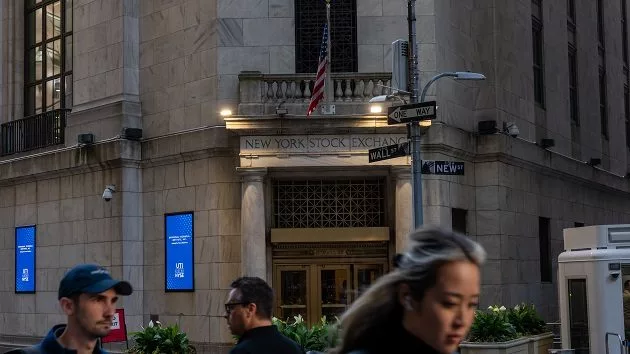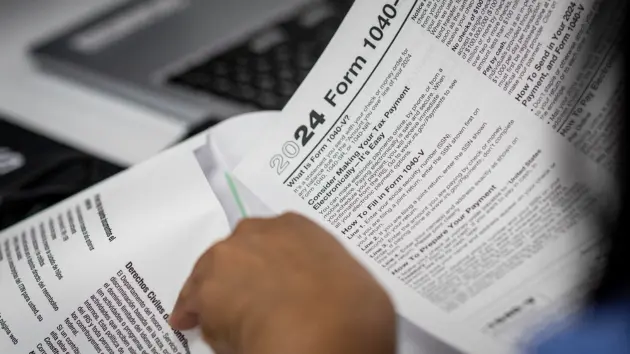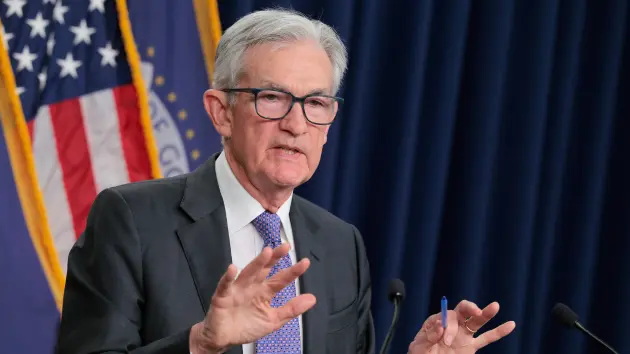
(NEW YORK) — Stocks tumbled in early trading on Friday after President Donald Trump threatened new tariffs targeting tech giant Apple and the European Union.
The Dow Jones Industrial Average dropped 458 points, or 1.1%, while the S&P 500 declined 1.2%. The tech-heavy Nasdaq dropped 1.6%.
Shares of Apple fell nearly 3% at the open of trading. European stocks also declined on Friday, as the STOXX Europe 600 index fell nearly 2%.
In a social media post, Trump urged Apple to manufacture iPhones in the U.S., criticizing the company for plans to shift some production to India in an effort to avoid tariffs slapped on China. If Apple fails to shift iPhone manufacturing to the U.S., Trump said, the company would face a 25% tariff.
Minutes later, Trump issued a social media post slamming the European Union over a trade posture that he described as “very difficult to deal with.” In response,Trump said he is “recommending” a 50% tariff on goods from the European Union to begin on June 1.
The market dip erased some gains made in recent weeks as Trump rolled back levies.
Trump last month exempted phones, computers and chips from so-called “reciprocal tariffs” imposed on China-made goods, which at that time amounted to a 125% levy. The move also excluded such products from a 10% across-the-board tariff imposed on nearly all imports.
Last week, Trump temporarily slashed the reciprocal tariffs on China from 125% to 10% as the U.S. and China hold trade negotiations. China still faces 20% tariffs over its role in the fentanyl trade, bringing total levies on Chinese goods to 30%.
The U.S.-China agreement marked the latest softening of Trump’s levies, coming weeks after the White House paused far-reaching “reciprocal tariffs” on dozens of countries. Trump also eased sector-specific tariffs targeting autos, and rolled back duties on some goods from Mexico and Canada.
An array of tariffs remain in place, however, including an across-the-board 10% levy that applies to imports from nearly all countries. Additional tariffs have hit auto parts, as well as steel and aluminum.
Consumers face the highest overall average effective tariff rate since 1934, the Yale Budget Lab found earlier this month.
A growing set of major retailers have warned of possible tariff-driven price hikes, including Nike, Target, Walmart and Best Buy.
Copyright © 2025, ABC Audio. All rights reserved.



